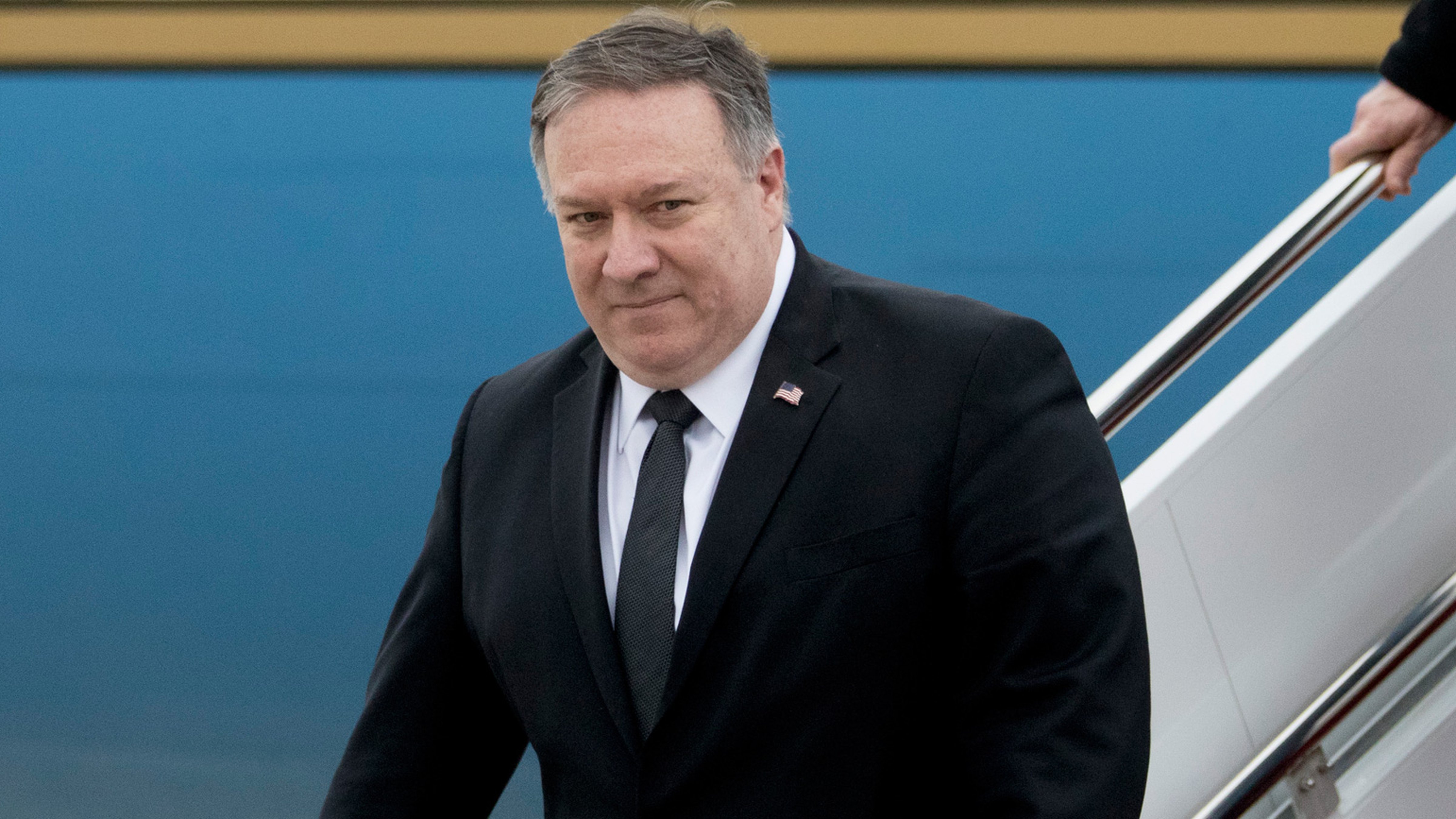The US is suspending one of the last major nuclear arms control treaties with Russia after heated conversations between the two powers recently failed to resolve a long-running accusation that Moscow is violating the Reagan-era treaty.
Secretary of state Mike Pompeo announced the decision on Friday as the Trump administration maintained that the Russian government has been unwilling to admit that a missile it has deployed near European borders violates the terms of the 1987 Intermediate-Range Nuclear Forces Treaty.
Pompeo and his deputies have insisted that Moscow destroy the missile. Instead, the government of President Vladimir V. Putin of Russia counter-accused the US of violating the treaty’s terms because of the way in which it has deployed launchers for antiballistic missile systems in Europe.
“Countries must be held accountable when they break the rules,” Pompeo told journalists at the state department.
“Russia has jeopardised the US’ security interests,” Pompeo said, “and we can no longer be restricted by the treaty while Russia shamelessly violates it.”
But while the US has insisted Russia’s actions sank the treaty, the Trump administration’s real aim is to broaden its prohibitions to include China.
Constrained by the treaty’s provisions, the US has been prevented from deploying new weapons to counter China’s efforts to cement a dominant position in the Western Pacific and keep American aircraft carriers at bay. China was still a small and unsophisticated military power in the mid-1980s, and not a signatory to the treaty that was negotiated between the US and a rapidly weakening Soviet Union.
By contrast, much of Beijing’s growing nuclear arsenal currently consists of missiles that fall into the distance ranges that are prohibited by the treaty that applies only to Russia and the US.
“The issue now is whether the administration has a plan for what comes next,” said Pranay Vaddi, a fellow in the nuclear policy programme at the Carnegie Endowment for International Peace and a former state department official until 2017 who worked on nuclear arms control issues.
“There is no question that the Russians committed a violation. But it is not militarily significant because it doesn’t change the balance of power in Europe.”
With the treaty on its last legs, the question is whether Pompeo’s announcement will result in a flurry of negotiations with Moscow — which seems unlikely — or whether it will accelerate the Cold War-like behavior among the US, Russia and China.
Complicating that question is the American intelligence agencies’ warning this week that Russia and China are “more aligned than at any point since the mid-1950s”.
The fate of the treaty has quickly become a test of the struggle inside the Trump administration and with its allies.
Trump campaigned on remaking Washington’s relationship with Moscow; the open investigation by the justice department’s special counsel is, at its core, about whether he and his campaign aides promised to relieve sanctions and other impediments to Russia in return for financial or electoral benefits.
But Trump has surrounded himself in the White House with hawkish advisers, including John R. Bolton, the national security adviser, who has been a major critic of treaties that he believes impinge the US’ ability to counter new or rising foreign threats.










